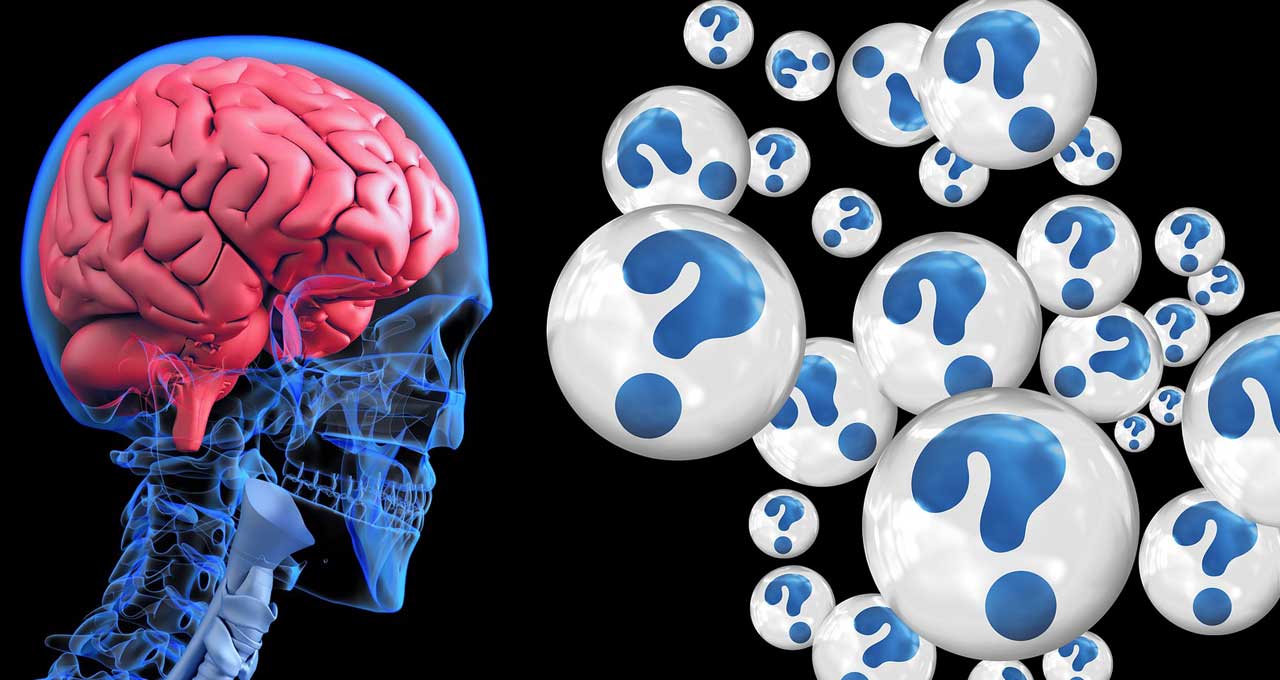For many people who walk through the doors of Grey Matters, mood and mental disorders have been affecting them for years, shaping their everyday experiences, thoughts, and behaviors. In some cases, people think their mental illnesses even define them and their personalities. So, it’s really not that shocking when someone asks us if neurofeedback training will change their personality. Of course, most people like their personalities, and so do their loved ones, which can create some hesitation around neurofeedback and anything to do with the brain. Still, we’re here to let you know that you have nothing to worry about because, no, neurofeedback does not change your personality.
How do we define personality?
Personality is the unique way of thinking, behaving, and feeling. Your personality embraces all that you are, including your moods, opinions, and attitudes. It’s what people experience from you during an interaction and vice versa. You might also discover throughout life that your personality jives well with some and not others — and that is okay because your personality is what makes you, you!
What are the types of personalities?
Psychologists and philosophers have been trying to categorize personality for decades. There are plenty of personality tests out there that can give you a better idea of what type you are. One popular personality test is the Enneagram of Personality. One group of personalities we find fascinating comes from a 2018 study published by Nature Human Behavior that puts humans into four distinct categories:
- Average
This group of people was defined as the most common type. People who fall into this category are “high in neuroticism and extraversion” but low in openness. - Reserved
Reserved individuals are neither open nor neurotic. However, they are emotionally stable and tend to be more introverted, agreeable, and conscientious. - Role-Models
As you might have guessed, role models are seen as leaders with low levels of neuroticism and elevated levels of agreeableness, extraversion, openness, and conscientiousness. In addition, they tend to listen to new ideas and are more reliable than others. - Self-Centered
People with self-centered personalities tend to rank high in extraversion but below average in openness, agreeableness, and conscientiousness. They often come across as caring only about themselves.
How does your personality affect your health?
Your personality plays a pivotal role in determining your habits and behaviors. So, over the years, researchers have found that personality traits displayed during childhood are linked to health concerns later on down the road. For example, those who describe themselves as Type-A personalities tend to be more uptight and seek perfectionism, which leads to more stress at work and a more stressful lifestyle. On the other hand, those who are more laid back tend to experience less stress at work and in their everyday lives. However, their laid-backness can cause them to be lackadaisical with their physical health.
Moreover, people who are considered people-pleasers tend to be passive and accommodating, often putting the needs of others before themselves. Because of this, they can experience more helplessness or hopelessness, depending on the situation. Finally, those who see themselves as worrywarts tend to display more neurotic behavior and are often diagnosed with personality or mood disorders, display anti-social behavior, and sometimes resort to substance abuse.
What Does Neurofeedback Do?
Because neurofeedback is non-invasive, we have no way of altering your personality. You might feel like you’re an uptight, nervous, worrywart, but that could be more related to your anxiety and depression than your personality. However, the real you is under all those layers, and neurofeedback helps uncover it by training your brain to work more efficiently. People feel calmer, more focused, and less stressed following their training. That’s because when your brain works more effectively, you’ll experience an overall mental balance and improvement in your mood. When your mood improves, so do your feelings. You will also start to sleep better and can think through all of life’s problems more clearly. Training your brain is a lot like building muscle through weightlifting — The more you do it, the stronger you become.
Are you ready to train your brain?
Are you looking to break free from your anxiety, depression, ADHD, or any other mental health concern you have? Then come see what neurofeedback from Grey Matters of Carmel can do for you! Our unique approach to training your mind leaves you feeling clear-headed, less stressed, focused, and more like yourself. So, let’s re-discover a better you together. Contact us today to learn more and to get added to our schedule for a brain map and consultation!
Image by Gerd Altmann from Pixabay


